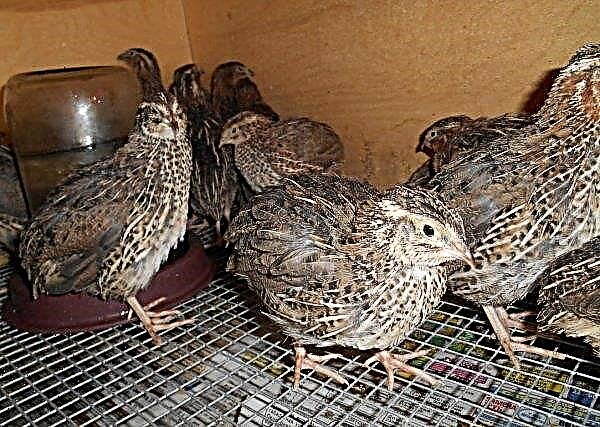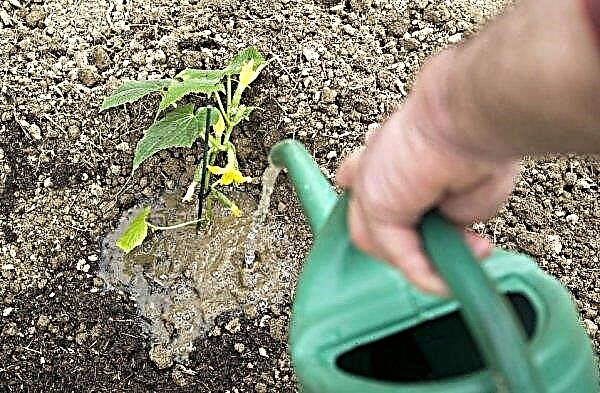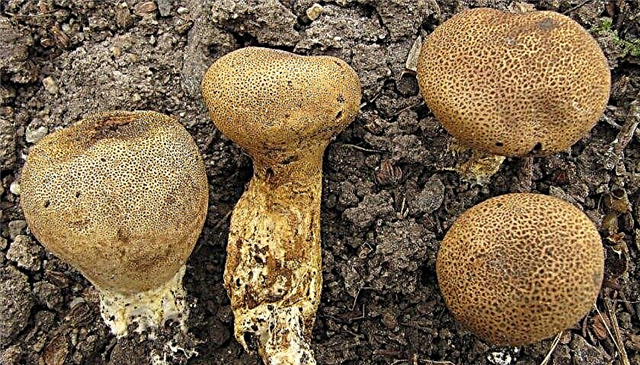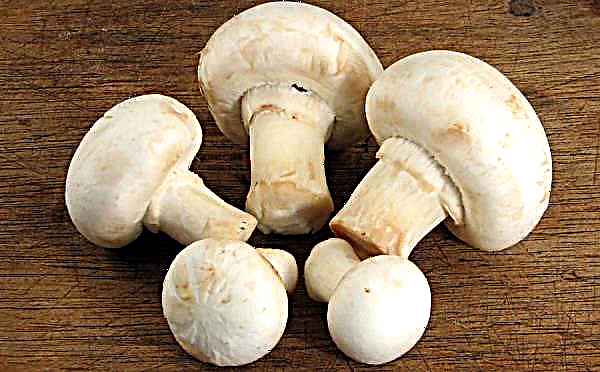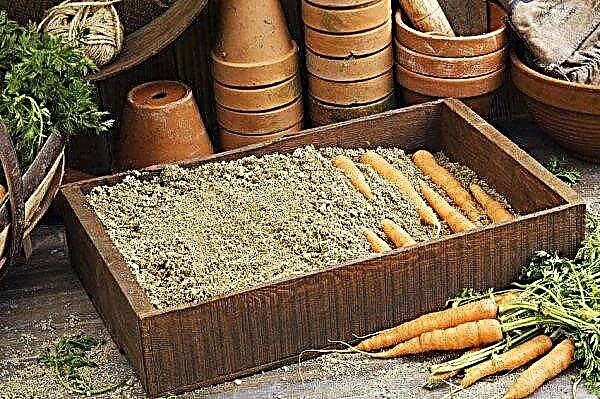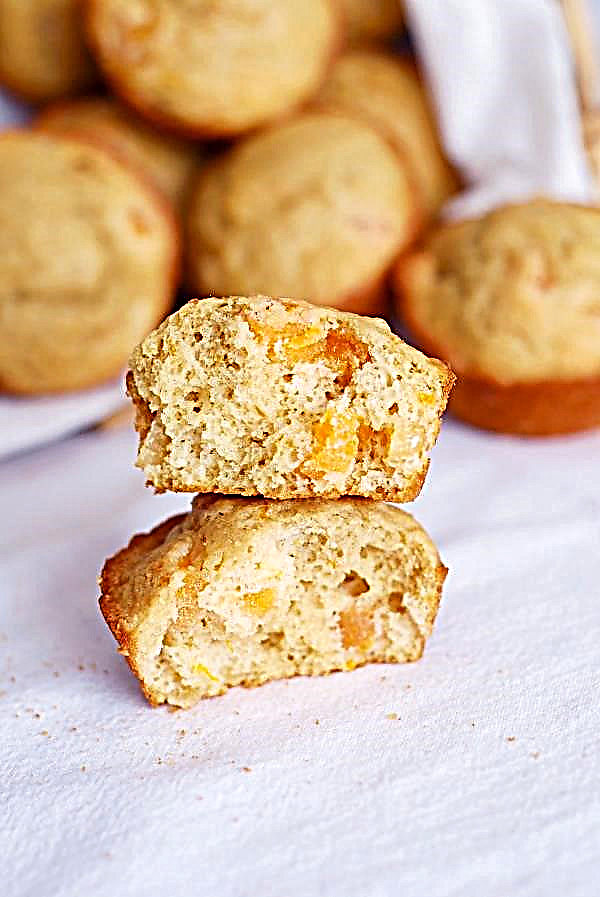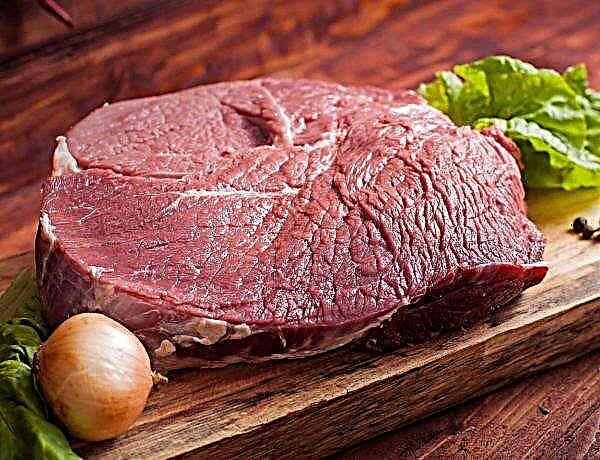Pickles are very popular because it is an opportunity to get healthy and healthy foods rich in vitamins and minerals even in winter, when the choice of fresh vegetables is quite limited. One of the most popular types of conservation is pickled cucumbers, the storage rules of which will be discussed in this article.
Where and for how long can you store pickles at home
Conservation made in the summer can please consumers for a long time.
Did you know? A huge amount of reward was promised by Napoleon to someone who came up with a way to keep the cucumber fresh during long trips, but no one was awarded such an award.
The storage period is directly affected by such factors as:
- the use of clean, sterilized containers for spinning;
- water quality on the basis of which the brine was prepared;
- selection of quality cucumbers and screenings of spoiled, damaged or poorly washed vegetables;
- compliance with the recipe and cooking technology.

If there are doubts about the quality of water, the processing of cucumbers, or one of the stages of canning was violated, then pickles should be placed:
- in a cool place at home, without access to light. It is optimal if it is a pantry on a glazed balcony or a shelf in the refrigerator;
- in a private house, it is better to place such conservation in the basement, where there is cool air and there is no bright lighting.
If you are interested in the question of how much salted cucumbers can be stored after salting, you can find information that this period depends on the method of maintenance and compliance with all the conditions below.
At what temperature and under what conditions to store
Storage conditions for pickles affect the shelf life of the product. Cucumbers after salting during natural fermentation can be stored without brine by placing them in a well-closed plastic container. For these purposes, you can use a plastic container or bucket with a lid. At the bottom of the container, it is necessary to pour a layer of dry mustard powder 1 cm thick, then densely lay the first layer of pickles and pour it with mustard. The same procedure is done with the remaining layers, after which the container is tightly closed with a lid and sent to the refrigerator.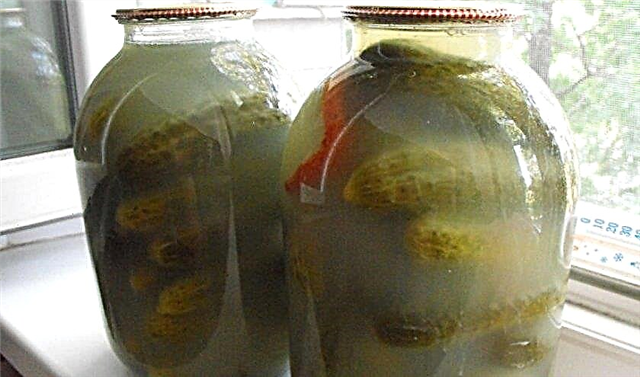 The temperature in the storage chamber should be in the range from 0 ... + 1 ° C. Under such conditions, cucumbers can be stored for up to 1-2 years. As necessary, cucumbers are taken out, washed with mustard and eat, closing the container tightly. The optimal storage conditions for pickles is the temperature range of -1 ... + 4 ° C, with an air humidity of 80–90%. Under such circumstances, pickles may remain usable for 8–9 months.
The temperature in the storage chamber should be in the range from 0 ... + 1 ° C. Under such conditions, cucumbers can be stored for up to 1-2 years. As necessary, cucumbers are taken out, washed with mustard and eat, closing the container tightly. The optimal storage conditions for pickles is the temperature range of -1 ... + 4 ° C, with an air humidity of 80–90%. Under such circumstances, pickles may remain usable for 8–9 months.
Important! It is not recommended to store pickles in a room where the air is warmed to temperatures above +10°C.
If pickles were not preserved and did not give in to heat treatment, and the air temperature exceeds + 17 ° C, then they can be stored for only 7 days. If after salting, put the salted vegetables in a plastic bag and leave at a temperature of up to + 17 ° C, then you can store such a product for only 1 day. The reason for such a short implementation period of the product, with an increase in temperature indicators, is the possibility of the development of side microflora, which will negatively affect the quality of salting.
Features storage of cucumbers
The taste qualities of salting, as well as its timing of implementation, also depend on the method of their storage, among which the most popular can be called storage:
- in banks;
- in barrels;
- in frozen form.
In banks
Everyone is familiar with this storage method, since it is the most affordable and proven.
Important! In order to prevent pickles from spoiling after opening the cans, they should be preserved in small portions in 1-2 liter cans.
Recipes of industrial preservation in jars, as well as home recipes of experienced housewives, can have a lot of differences and variations, however, storage of pickles in this way has the general rules:
- preservation can be stored for a long time with good tightness of the can;
- after the opening of the can, and violation of tight conditions, the period for the sale of pickles is significantly reduced;
- the air temperature should be as low as possible, and the room should be high humidity. Violation of these indicators can cause flowering in the brine and its souring.
Video: storing pickles in the refrigerator
In barrels
Barrel cucumbers should be in brine, obtained as a result of natural fermentation, in barrels with optimal air values from 0 ... + 1 ° C, which is quite difficult to achieve in an apartment building.
Storage of barrel pickles is possible for a short time, since the fermentation process continues to occur and the bacteria change the composition of the brine over time and the cucumbers inside it begin to deteriorate:
- become softer;
- taste changes;
- the smell becomes sharper and unpleasant;
- cucumbers are covered with mucus.
 For industrial storage in warehouses, barrels are sent to special, refrigerated compartments. There they are folded either in horizontal or vertical position, however, subject to the mandatory condition - with the tongue-and-groove hole up.
For industrial storage in warehouses, barrels are sent to special, refrigerated compartments. There they are folded either in horizontal or vertical position, however, subject to the mandatory condition - with the tongue-and-groove hole up.Frozen
The question of whether it is possible to freeze pickles, as well as many other fresh vegetables, probably interested thrifty housewives after opening a can of pickled pickles.
Important! After defrosting, pickles can only be used in dishes involving the thermal treatment of this ingredient.
It is indeed possible to store salted vegetables in the freezer, but you should know the technology for implementing this process:
- Cucumbers are extracted from brine.
- They are dried and stacked in a durable plastic bag.
- Go to the quick freeze compartment.
- They are transferred to the main freezer for long-term storage.

Useful Tips
Most often, thawed pickles are used in the preparation of pickle or pizza. Cucumbers that were not used immediately after opening the cans can be left in the brine in a glass bowl for a few more days by sending them to a shelf in the refrigerator. If pickles were purchased individually at a supermarket or in the market, for better storage at home, you can prepare fresh pickle and place the purchased pickles in a glass container and fill them with freshly prepared liquid.
Did you know? During his wanderings, Columbus made sure that his team's diet included pickled and fresh cucumbers, which served as a means of preventing scurvy.
With caution, you should approach pickles, in which the appearance of such signs has become noticeable:
- clouding of brine;
- the appearance of foam and bubbles inside the can with conservation;
- spots of uncertain origin became visible;
- mold is noted.
 Banks with such conservation are better to throw away and not endanger health. Pickles are a very popular dish, especially in the autumn-winter period. It is worth approaching the storage of this type of preservation, since compliance with the necessary conditions will allow you to get a healthy and tasty product.
Banks with such conservation are better to throw away and not endanger health. Pickles are a very popular dish, especially in the autumn-winter period. It is worth approaching the storage of this type of preservation, since compliance with the necessary conditions will allow you to get a healthy and tasty product.

